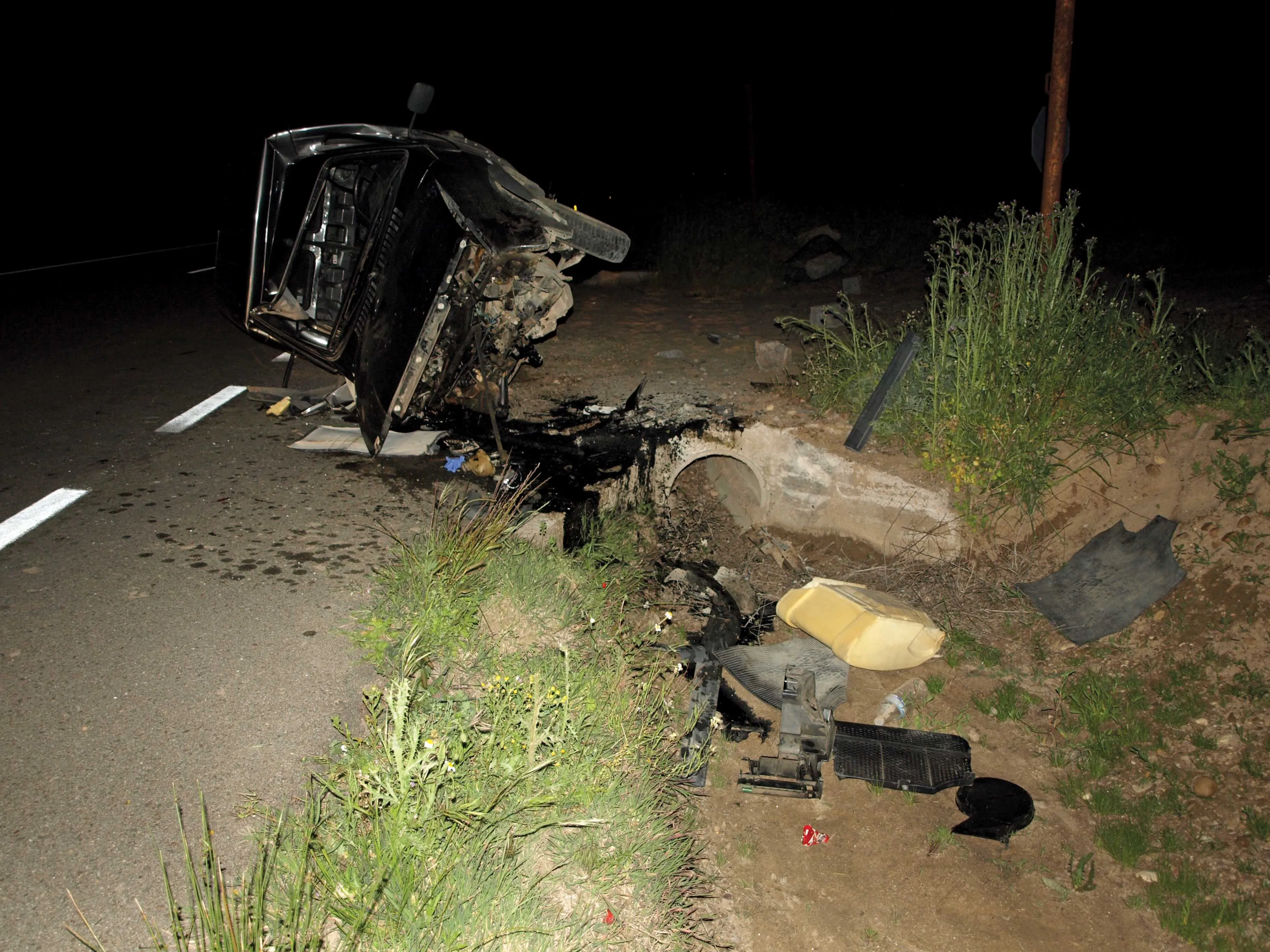The European Transport Safety Council (ETSC) has announced the 2016 winners of the PRAISE awards. This is in recognition of organisations that have taken outstanding measures to improve the safety of their vehicle fleets.
The winners were honoured at a conference and award ceremony held in Brussels on Wednesday 19th October.
Using the road for business is the leading cause of work-related deaths and injuries. It is estimated that in Europe 60% work accidents resulting in death are road crashes, incl
October 19, 2016
Read time: 2 mins
The European Transport Safety Council (ETSC) has announced the 2016 winners of the PRAISE awards. This is in recognition of organisations that have taken outstanding measures to improve the safety of their vehicle fleets.
The winners were honoured at a conference and award ceremony held in Brussels on Wednesday 19th October.
Using the road for business is the leading cause of work-related deaths and injuries. It is estimated that in Europe 60% work accidents resulting in death are road crashes, including both crashes while driving for work and commuting.
Data from the UK show that business travel makes up about 30% of all travel, rising to over 50% if commuting is included.1439 UK Department for Transport travel survey data show that people who drive for work are up to 40% more likely than other drivers to be involved in a collision.
Antonio Avenoso, Executive Director of ETSC said, “We are recognising companies and organisations that are taking responsibility for driving down road collisions. We hope their leadership will inspire companies large and small to step up and do their bit to prevent crashes. These crucial efforts mean fewer injuries and deaths, but also fewer insurance claims and reduced costs. Road safety is truly good for business.”
The winners were honoured at a conference and award ceremony held in Brussels on Wednesday 19th October.
Using the road for business is the leading cause of work-related deaths and injuries. It is estimated that in Europe 60% work accidents resulting in death are road crashes, including both crashes while driving for work and commuting.
Data from the UK show that business travel makes up about 30% of all travel, rising to over 50% if commuting is included.
Antonio Avenoso, Executive Director of ETSC said, “We are recognising companies and organisations that are taking responsibility for driving down road collisions. We hope their leadership will inspire companies large and small to step up and do their bit to prevent crashes. These crucial efforts mean fewer injuries and deaths, but also fewer insurance claims and reduced costs. Road safety is truly good for business.”






